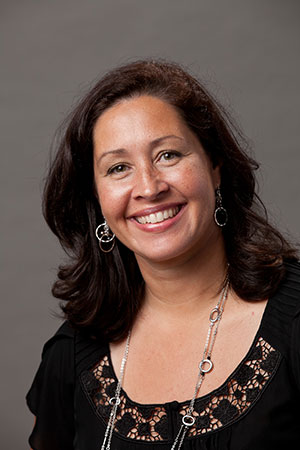Faculty Profile
Michele Ford
Senior Lecturer in Psychology (2012)Contact Information
Kaufman Hall
717-254-8137
Bio
Professor Ford is a Counseling Psychologist and teaches clinical and counseling related courses such as Psychopathology, Human Sexuality, and both Research Methods and Seminar in Counseling Psychology. Professor Ford's clinical interests include disordered eating, sexual and reproductive trauma, and depression and anxiety in adults and adolescents.
Education
- B.S., Texas A & M University, 1995
- M.A., Texas Tech University, 1998
- Ph.D., 2000
2025-2026 Academic Year
Fall 2025
PSYC 370 Rsch Meth Counseling Psych
Many individuals complete brief magazine or online surveys about their personality, relationships, or psychological symptoms to better understand themselves or others. Comprehensive psychological testing, however, is much more in-depth and occurs only after significant research and development have taken place. Counseling psychologists take an empirical approach to understand many aspects of people’s functioning; one of the ways is through assessment. This course will address research methods in counseling psychology, with a specific focus on test development. This course will examine how psychological assessment tools, including structured and unstructured clinical interviews, objective and projective personality tests, measures of intellectual functioning and learning aptitudes, and vocational instruments, are developed and tested. Students will critically evaluate issues such as test validation, norming and standardization, reliability and validity, and test bias. This intensive lab course will include an original research project in test development. Students will also gain practical experience in the administration of assessment tools commonly employed in counseling psychology. Three hours classroom plus three hours laboratory a week. Prerequisite: 165 (can be taken concurrently), 210 & 211.
Spring 2026
PSYC 165 Psychopathology
An introduction to various psychological disorders and techniques of diagnosis and treatment. Relevant for students who anticipate careers in medicine, law, and the social or psychological services. This course is a Health Studies elective.
PSYC 470 Sem in Counseling Psychology
The major goal of this advanced seminar course is to develop students’ understanding of the major counseling theories. Students will be introduced to various counseling techniques and the underlying scientific research, including the conditions that facilitate an effective counseling relationship. We will also review and critically evaluate professional ethics and standards for care in counseling psychology. This is largely a theoretical course; while some skills may be introduced and practiced in class, skills-building is not a main goal of the course. Students will engage in presentation of differing research topics within the field, while also applying relevant course information to case studies. Course requirements include, but are not limited to, class participation, reflection papers, research papers and oral presentations. Prerequisites: 210 & 211.
